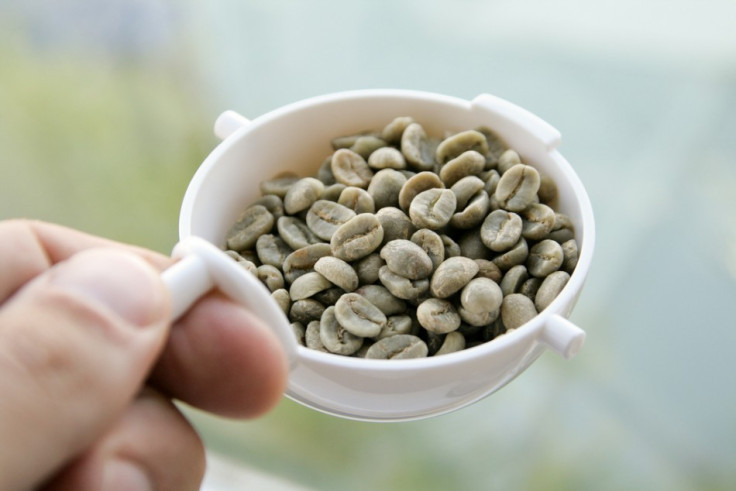Waste Coffee Beans Could Soon be Used as Sustainable Biofuel Source to Run Vehicles

Waste coffee grounds may soon be used as a sustainable biofuel source to power vehicles, according to researchers at the University of Bath.
Their research found that coffee beans, including the likes of Robusta and Arabica, contain suitable physical properties of fuel, itv.com reported.
According to the report, coffee dregs can be a reliable source of biodiesel as an average coffee shop produces 22lb of coffee waste every day, which can make two litres of bio diesel.
During an experiment, the researchers generated biodiesel from ground coffee they sampled from 20 different regions.
"Around eight million tonnes of coffee are produced globally each year and ground waste coffee contains up to 20% oil per unit weight. This oil also has similar properties to current feedstocks used to make biofuels," Chris Chuck, a Whorrod research fellow, explained in the journal published in Energy Fuels.
"But, while those are cultivated specifically to produce fuel, spent coffee grounds are waste. Using these, there's a real potential to produce a truly sustainable second-generation biofuel," Chuck added.
"The yields and properties of biodiesel can differ depending on the growth conditions of current biodiesel feedstocks, sometimes causing them to fall out of specification."
The researchers soaked the coffee grounds in an organic solvent and then used the transesterification process to transform them into biodiesel.
"We estimate that a small coffee shop would produce around 10kg (22lb) of coffee waste per day, which could be used to produce around two litres of biofuel," Rhodri Jenkins, a fellow researcher and author of the study explained in the journal.
"There is also a large amount of waste produced by the coffee bean roasting industry, with defective beans being thrown away. If scaled up, we think coffee biodiesel has great potential as a sustainable fuel source," he added.
The university researchers also believe that coffee shop chains can use their coffee wastes to run their vehicles for home deliveries by getting the central biodiesel production facility to turn them into fuel.
The researchers are now trying to find out potential biofuel sources from other food wastes. The findings are remarkable as it will help in curbing global pollution and fuel shortage.
© Copyright IBTimes 2025. All rights reserved.






















